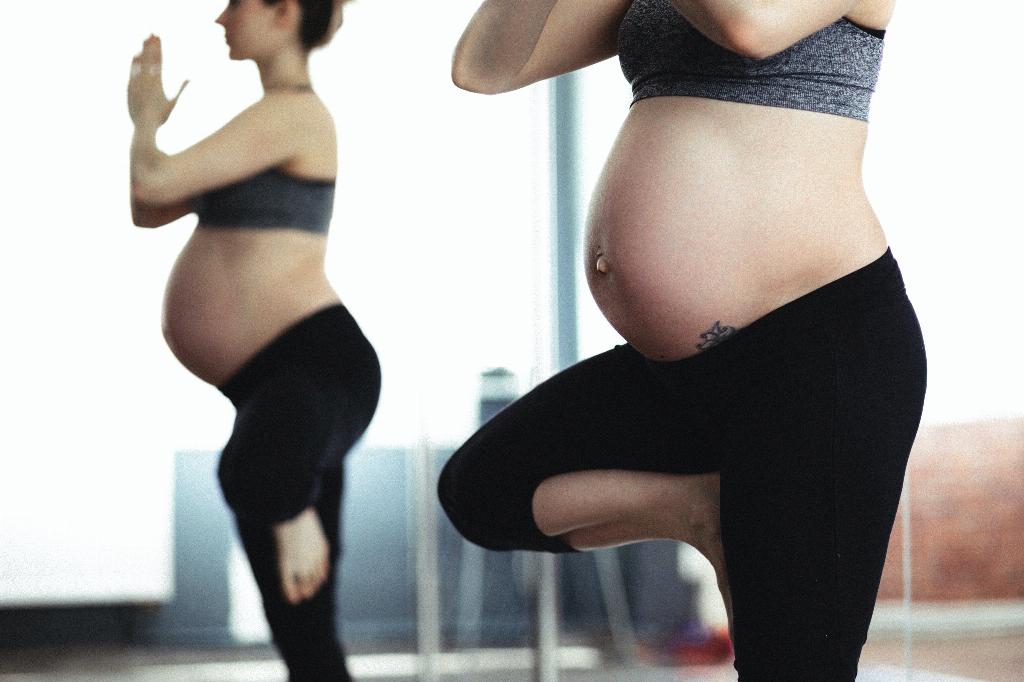So, you find yourself holding a positive pregnancy test in your hand, and you’re wondering if you can trust those results. It’s natural to have doubts and questions about the accuracy of just one positive test. Let’s delve into the topic and explore the reliability of a single positive pregnancy test.
Timing Matters
When it comes to pregnancy tests, timing is crucial. Dr. Lessman recommends waiting at least seven days after a missed period to get the most accurate results. Testing too early may lead to false negatives, so being patient and waiting for the appropriate time is essential.
Repeat the Test
If you’ve taken a pregnancy test and it’s positive, repeating the test after two or three days can provide further confirmation. Consistency in results adds to the reliability of the test. If the second test also shows a positive result, it strengthens the confidence in your pregnancy status.
Factors Affecting Pregnancy Test Results
Several factors can influence the accuracy of pregnancy test results. Using an expired or faulty test, not following the instructions properly, or certain medications can all impact the outcome. Ensuring that you follow the test instructions carefully and use a reliable test kit is crucial for accurate results.
Understanding False Positives and False Negatives
It’s important to be aware of the possibilities of false positives and false negatives in pregnancy tests. While false positives are rare, they can occur due to certain medical conditions or medications. On the other hand, false negatives are more common, especially if the test is taken too early.
Seeking Medical Confirmation
If you’re still uncertain about the results of your pregnancy test, seeking medical confirmation from a healthcare provider is recommended. A blood test or ultrasound can provide a more definitive answer and offer peace of mind regarding your pregnancy status.
Emotional Support and Guidance
Going through the process of taking a pregnancy test and awaiting the results can be emotionally challenging. It’s essential to seek support from loved ones or a counselor to navigate this period with comfort and reassurance, regardless of the outcome.
Trusting Your Instincts
Ultimately, trusting your instincts and listening to your body can also play a significant role in confirming your pregnancy. Pay attention to any symptoms or changes you may be experiencing and communicate openly with your healthcare provider to address any concerns.
Positive Outlook
While the prospect of a positive pregnancy test can evoke a range of emotions, it’s crucial to maintain a positive outlook and approach the situation with optimism. Embracing this new chapter with readiness and positivity can help alleviate any anxieties you may have.
Future Planning
If your pregnancy test results are positive and confirmed by a healthcare professional, it’s time to start thinking about future planning. Consider prenatal care, lifestyle adjustments, and preparing emotionally for the journey ahead as you embark on this remarkable new phase of life.
Community Support
Joining pregnancy support groups or connecting with other expectant parents can provide a sense of belonging and community during this transformative time. Sharing experiences and receiving advice from others can be invaluable as you navigate the joys and challenges of pregnancy.
Conclusion: Trusting Your Pregnancy Test
While the decision to trust a single positive pregnancy test may seem daunting, understanding the factors that influence its accuracy and seeking additional confirmation when needed can help you feel confident in your results. Trust in your body’s signals, seek professional guidance when in doubt, and embrace this journey with positivity and support.

